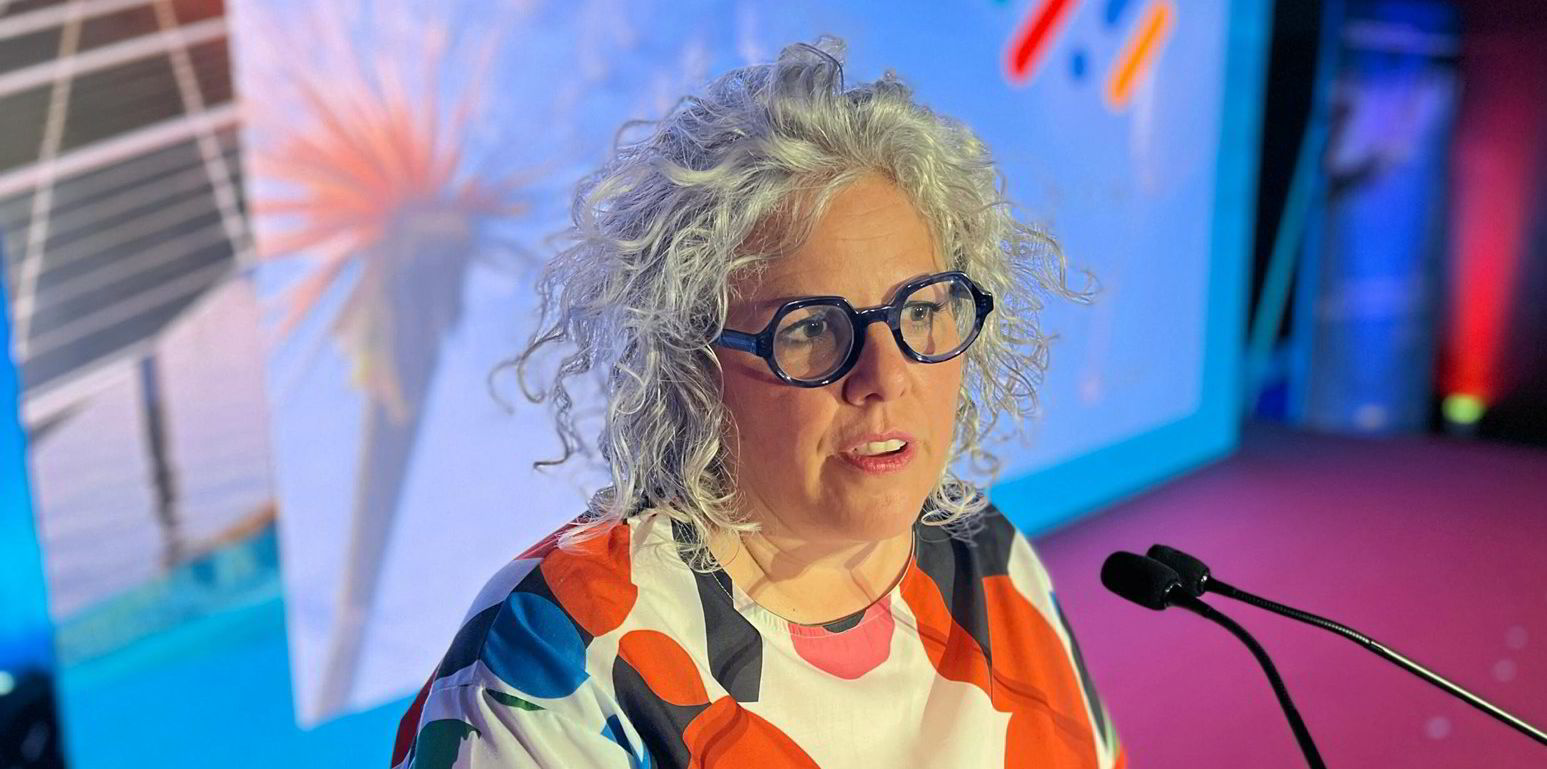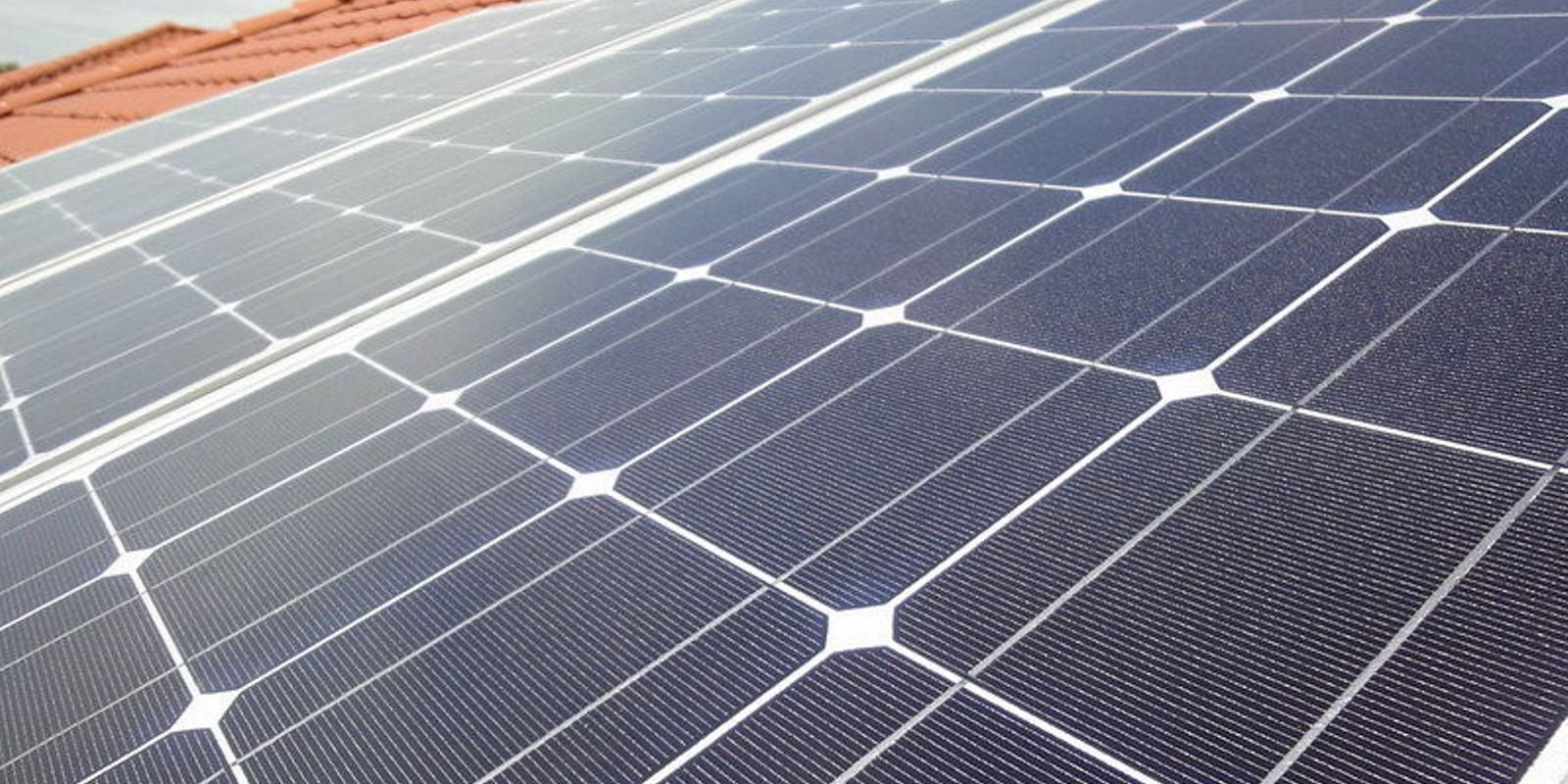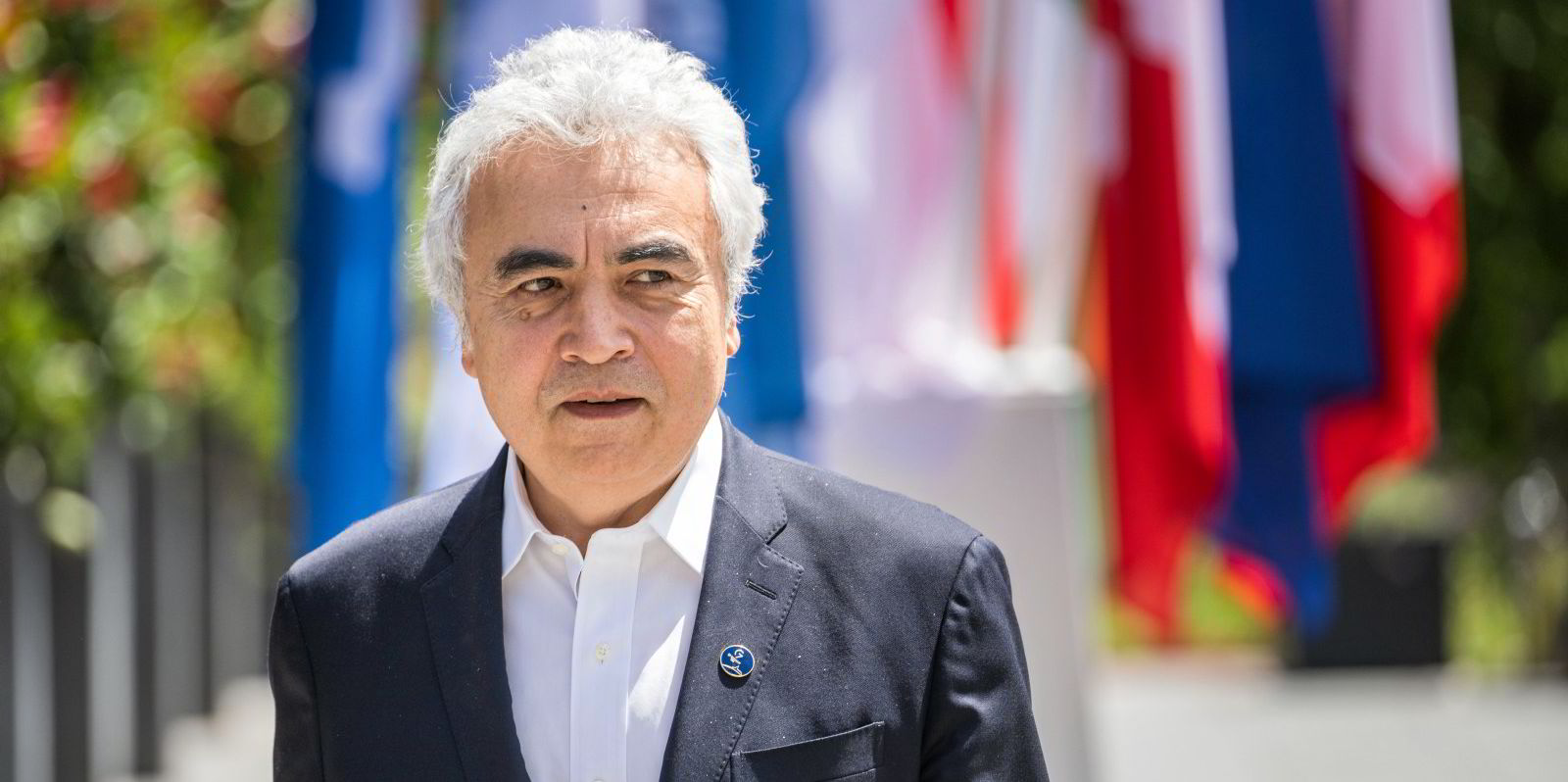‘Le monde change – les héros aussi.’ ‘The world changes – so do its heroes.’ Displayed on the walls of the Paris Métro, this teaser poster for American superhero movie Black Adam reminded me of an ageless wisdom: only history will tell. Only history will determine if a hero – eg. an activist, whether a high-ranking poltician or from the rank and file of Extinction Rebellion – will be remembered as a righteous resistance fighter, revolutionary or terrorist.
The global energy transition is gathering momentum – and the accompanying news-stream becoming an information deluge. Separate the green giants from the greenwash and the hard facts from the click-bait headlines with Recharge Agenda, our curation of the market-making events of the week, distilled down into one quick-read newsletter. Sign up here for free
Admittedly, I write this sentence on my way back from Berlin, where climate activists were blocking highways on the occasion of an international climate security summit. At the same time, in Iran, thousands of women and men were also in the streets demanding reforms at the risk of their life or freedom. Returning from the 12th Arab-German Energy Forum, where a fellow German panellist, referring to the Third Reich, mentioned the way his generation asked their parents and grandparents about their collective silence during that period: “Why did they not do anything, even though they knew or could have known what was happening?”
He underlined: “What does this mean for us sticking to fossil fuel, when we know about the climate situation?”
I could probably end here, inviting all of us to reflect on this question. Yet, this would imply that standing ‘on the right side of history’ is a sufficient driver of change. I rather believe we need think, investigate and explore what it means and takes to be a ‘hero’. What makes a person stand up, even if it means a sacrifice? Why do some people enter resistance? How does a movement build up? There are many examples from all parts of the world.
Many of these ‘ordinary’ heroes are driven by a ‘just cause’. They stand up for it, ready to risk their own interest (at least in the short term). Often, they have the courage to challenge conventional mindsets. Often, they explore (or are forced to explore) uncommon pathways. And interestingly, they are so deeply convinced of the cause that they are able to connect with others, mobilise them into action and create a movement around it.
The reality of today requires exploring more effective, possibly revolutionary, ways to accelerate the shift to renewable energy
What can we learn as renewable energy changemakers and leaders? Importantly, we should remain aware of our many assets – especially at a time when the energy security and the economic crisis seem to justify renewed investments in fossil fuel infrastructure and when it is widely accepted to consider natural gas as bridge fuel.
As a movement, we have many things going in our favour:
1. We stand up for a cause – actually, for several causes: renewable energy is about building a just, equitable and inclusive energy system (and this is very different from fossil fuels). In addition, renewable energy is better for our health and less harmful for the environment and climate.
2. Energy is important everywhere and is relevant for anybody. Within the renewables community, we have the ingredients to develop strong narratives to mobilise broadly.
3. Everywhere in the world, we can identify, connect with and complement players and decision makers from civil society, governments and even industry, who stand up for the climate and for social and economic development. This broad support helps to anchor the movement.
The reality of today also requires exploring more effective, possibly revolutionary, ways to accelerate the shift to renewable energy. It’s not about radical activism. It’s about exploring uncommon pathways. We could, for example, address the massive gap in renewable energy skilling by mandating the military to install heat pumps and PV panels, and to build up grids. We could also build up nationally owned renewable energy technology manufacturing to strengthen supply chains.
Ideas abound, and many of them are realistic. All they require is the will to implement them. And to remember that history will look back at us and consider what kind of individual – hero, bystander or indeed villain – we were.
· Rana Adib is the executive director of international policy network REN21



